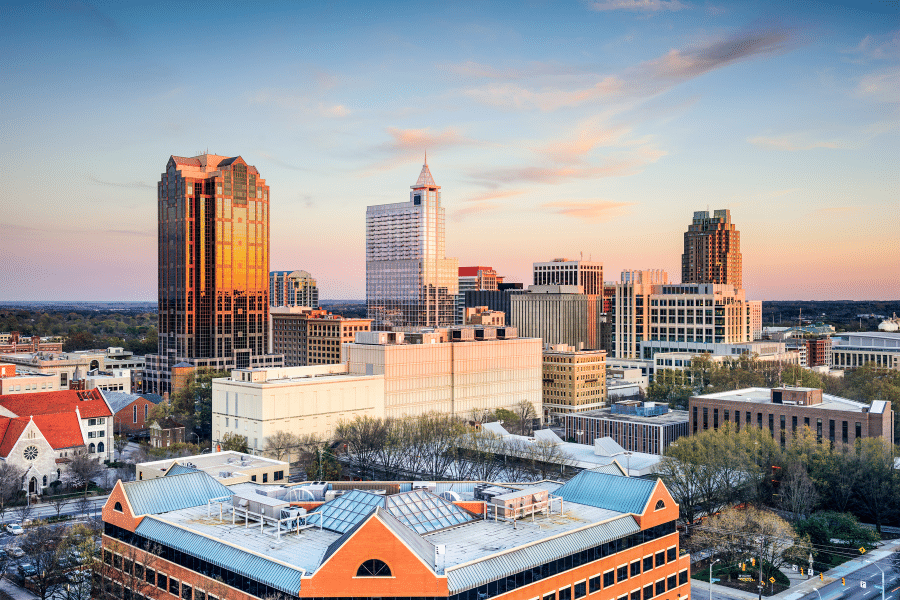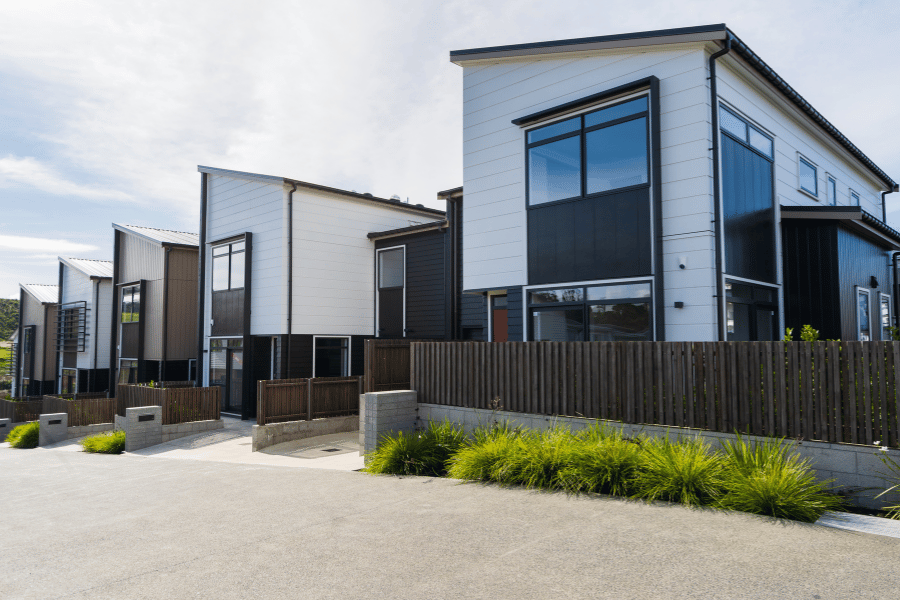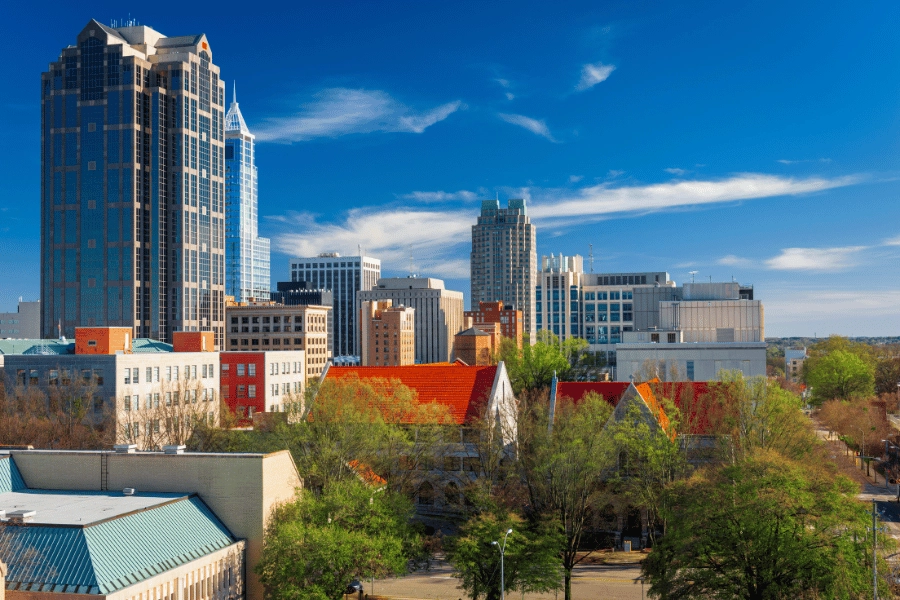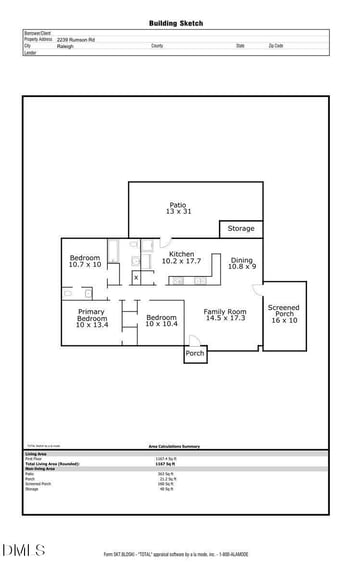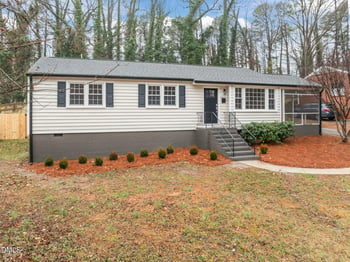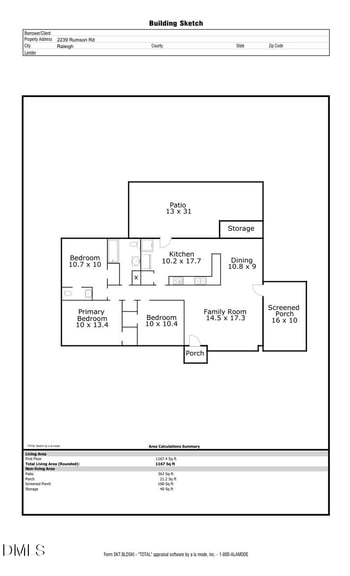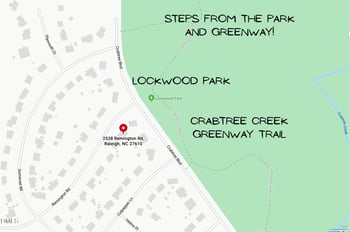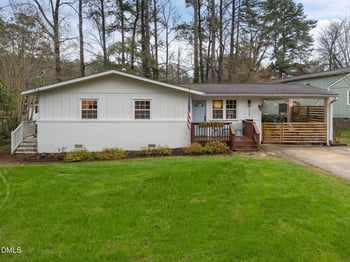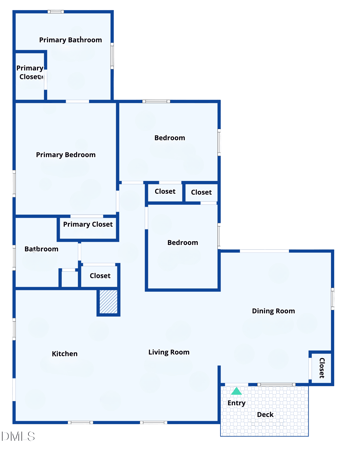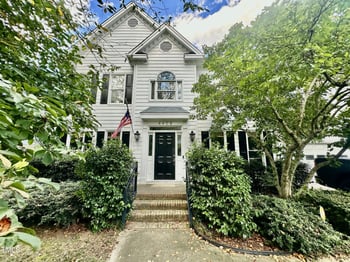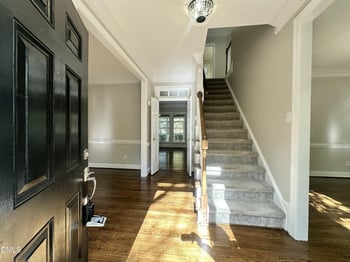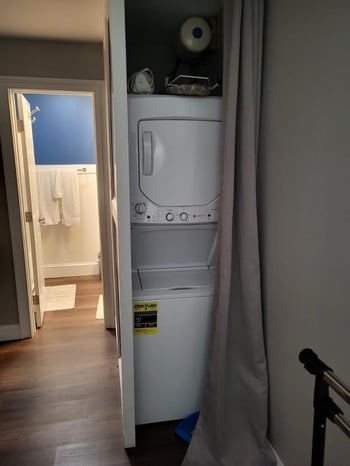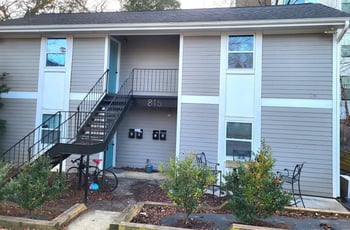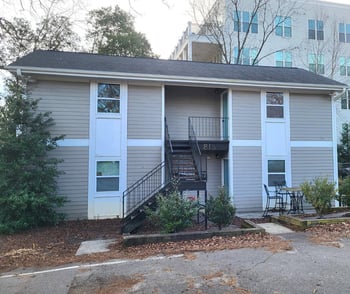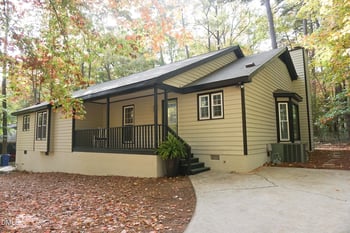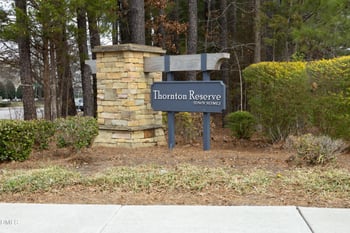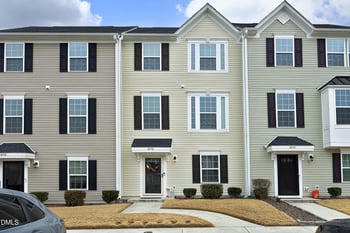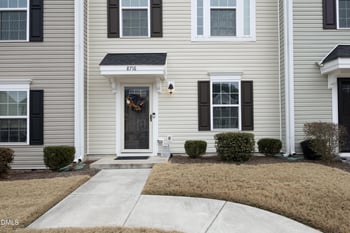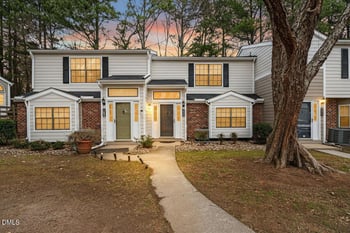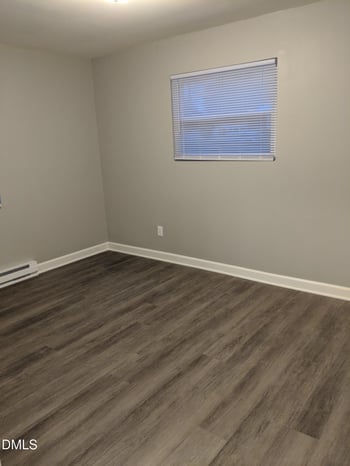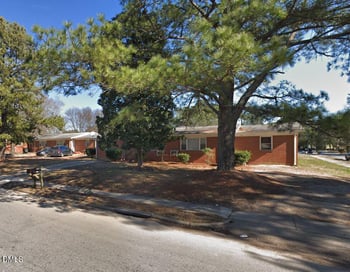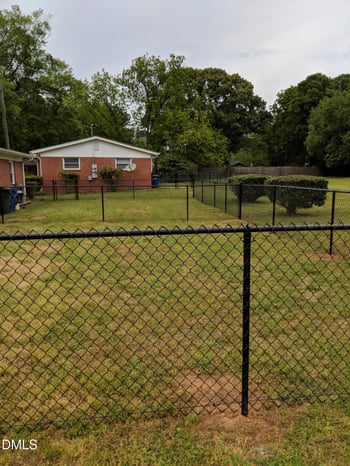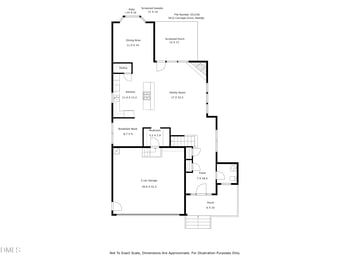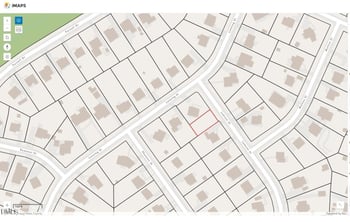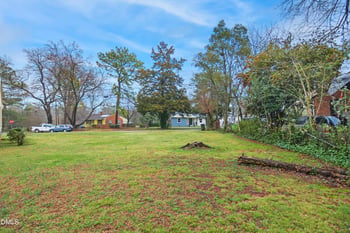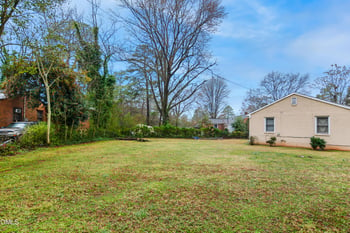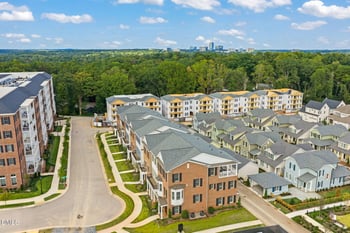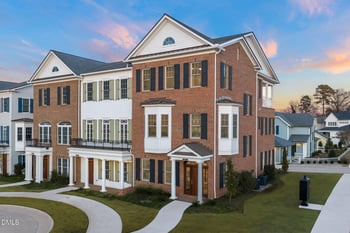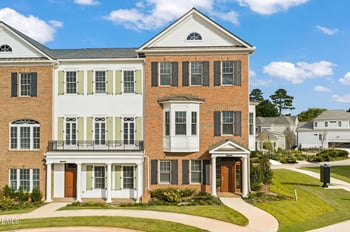The Future of Commercial Real Estate in Raleigh
The Raleigh area has grown tremendously in recent years and is projected to grow even more as people and businesses move to the area. Here is everything you need to know about the future of commercial real estate in Raleigh.
Commercial real estate is an active market, with many factors that come into play and can be hard to predict. Over the past years, rising interest rates, office utilization, and economic uncertainty have shaped the commercial real estate market.
Despite the influx of people moving to Raleigh in need of jobs, the future looks bright for commercial real estate in the Raleigh-Durham region. The Raleigh-Durham Triangle includes the cities of Raleigh, Durham, and Chapel Hill and is widely known for its strong economic fundamentals and diverse industry base. This region has grown exponentially and is expected to continue this trend.
The Triangle area is driven by a mix of technology, healthcare, education, and research sectors, which have put the Triangle at the top of the nation's business list. The steady population growth has supported economic and workforce development.
Commercial real estate plays a critical role in supporting the economic growth of any market. This type of real estate is vital in creating new spaces for businesses to grow, thus directly affecting the job and real estate market in Raleigh.
Keep reading to learn all about the future of commercial real estate in Raleigh, NC.
1. Importance of Commercial Real Estate Development
Commercial real estate is essential for the growth and development of a community. Commercial real estate is used to provide the necessary space for businesses to operate and grow, this generating jobs and economic activity.
Commercial real estate includes offices, restaurants, retail, and several other types of real estate aside from home properties. These businesses not only create job opportunities, but they contribute to local economies through taxes, spending on goods and services, and attracting businesses to the area.
Investing in commercial real estate is a good option for many because it is known to be more stable than other real estate types. Overall, a strong commercial real estate market will directly impact community growth and support local infrastructure.
In Raleigh specifically, many large and small businesses are moving to the area and need a place to start. This is where commercial real estate comes into play. These don't just include offices but industries and retail properties that generate more jobs and economic growth.

2. Raleigh Regional Breakdown
Raleigh's economy has been grounded by government and higher education employment. The Research Triangle is comprised of Raleigh, Chapel Hill, and Durham, each of which is home to one of the best colleges in the country, North Carolina State University, University of North Carolina Chapel Hill, and Duke University.
According to WRAL Tech Wire, the area has also made many advancements in manufacturing, life sciences, digital gaming, specialty health care, and professional services like business analytics.
As one of the top 10 cities for economic development in the US, Raleigh has attracted a large number of people to the area. Thus, there is a need for more jobs, commercial real estate, and homes. This has skyrocketed job and wage growth as Raleigh remains one of the most affordable housing markets compared to other cities.
Here are some key facts about Raleigh's economy.
- Income tax rate of 4.75%
- The average income for a resident is $42,976 a year
- The median household income of a resident is $76,631
- Sales tax rate of 7.25%
- The Research Triangle Park has become one of the country's leading centers for high-technology research and development.
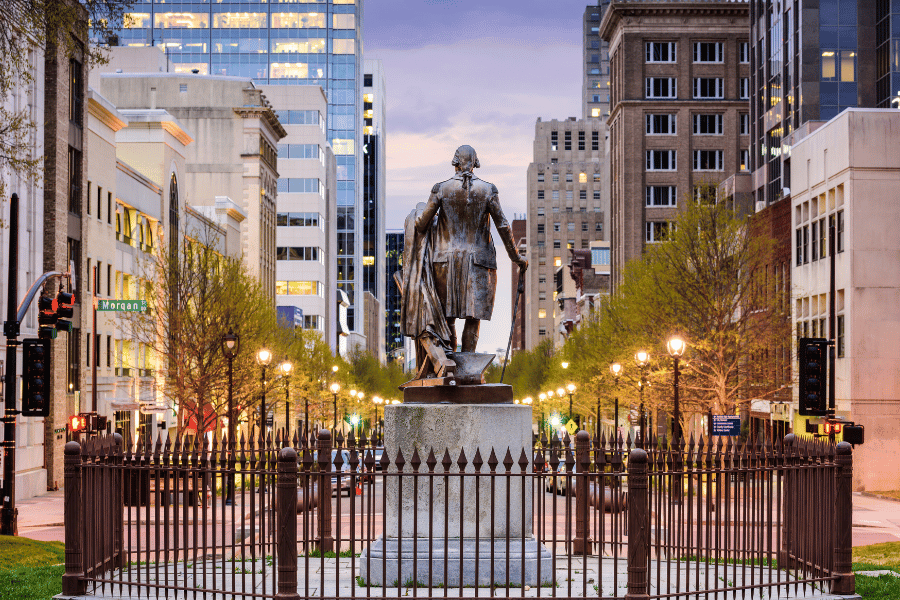
3. Raleigh Job Market
According to the Economic Development and Raleigh Chamber, there are five key industries in Raleigh that represent 75% of the area's economy. In addition to the top sectors, Raleigh has become one of the best places to launch a small business, as the city and community work hard to support small and minority-owned businesses. These are the top industries:
Professional and Business Services
This sector includes accounting, law firms, banks, and marketing agencies. Making up 19.1% of jobs in Raleigh, with 115,319 employees in total.
Trade, Transportation, and Utilities
This sector includes Walmart, Food Lion, and Target, which are the largest retailers in the area. With approximately 115,884 employees, this makes up 17.3% of jobs in Raleigh.
Education and Health Services
With over 112,491 employees, education and health services makeup about 16.8% of jobs in the Raleigh area. This includes the Wake County Public School System, the University of North Carolina At Chapel Hill, WakeMed Health & Hospitals, North Carolina State University, and Duke University & Duke Health Systems. According to the Raleigh Chamber, these are some of the top employers in the area.
Government
The federal, state, and local employees across Wake County make up about 13% of the job force, totaling about 89,691 employees. The State of North Carolina is the second largest employer in Raleigh.

4. Types of Commercial Real Estate
Commercial real estate is a diverse industry, including several property types. Each type has a specific role in supporting the economy.
Office and Professional Buildings
When you think of commercial real estate, offices are most likely what comes to mind. These are designed for larger businesses and professional services. Offices can range from high-rise corporate headquarters to small coworking spaces. These are used for businesses to grow and innovate, plus directly effecting economic activity in the area.
Retail Properties
Retail properties include shopping malls, strip malls, storefronts, and mixed-use buildings. These give businesses places to sell goods and services to residents. In the Raleigh area, this includes Crabtree Valley Mall, Triangle Town Center, the Village District, and Downtown Raleigh. These are crucial for cities and towns to grow their economy and support consumer spending.
Industrial Properties
Industrial properties are similar to office buildings in that they vary greatly in size and purpose. They can be used for storage or as a place of work. These are usually low-rise buildings in cities or industrial parks. The demand for these will vary depending on the area. However, they are known as a good investment. The types of industrial properties include heavy manufacturing, storage units, research facilities, bulk warehouses, and showrooms.
Multi-Family Housing
While most wouldn't think commercial real estate would include something like residential properties, multi-family housing is a type of commercial property when it includes more than one unit. These properties can be a great place to start for investors transitioning from residential real estate. Multi-family housing includes high-rise apartments, mid-rise apartments, student housing, subsidized housing, and senior or assisted living.
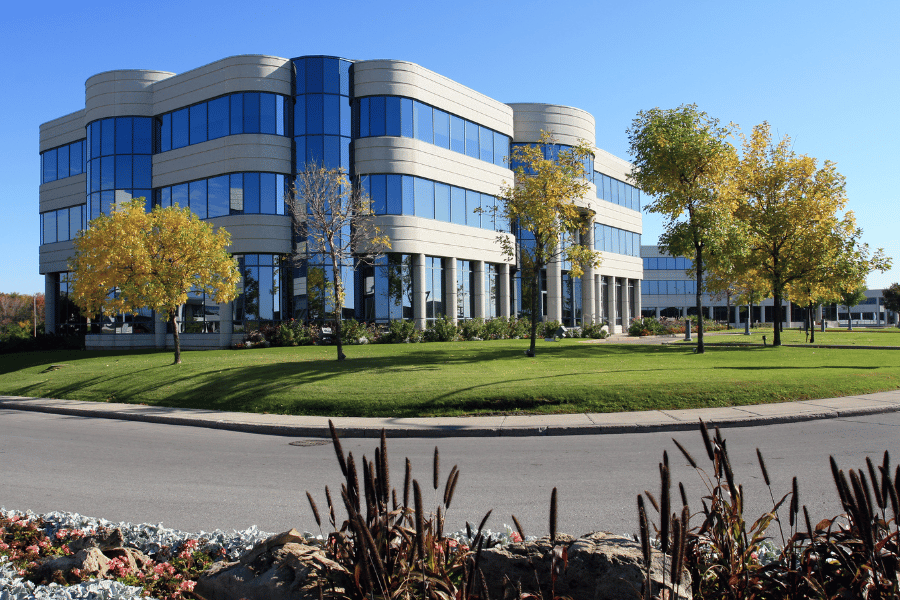
5. Future of Commercial Real Estate in Raleigh
Since the start of 2024, we have yet to see interest rates decrease. However, this hasn't slowed the need for commercial real estate as much as it has for residential real estate. Many companies are searching for more office space in the Triangle.
The Triangle's three main asset classes, office, industrial, and retail, are projected to grow. However, commercial real estate still faces obstacles, including office vacancies, sublease expiration, and new construction. However, interest rates are anticipated to decrease as the year ends.
Many large companies have had their eyes set on North Carolina as a place to grow their company. This includes multinational companies such as Toyota and Disney, which are projected to produce thousands of jobs. North Carolina and Raleigh are benefitting tremendously from the increase in the number of people and businesses relocating to Raleigh.
More companies moving to the Triangle means more jobs, more housing options, more shopping options, and a better economy overall. More companies, including Apple, Microsoft, Amazon, Google, JT International, and Advance Auto Parts, have announced they are either relocating their headquarters or opening satellite offices in the Raleigh area. This will bring in a tremendous number of job opportunities for residents, giving Raleigh just another reason to call itself one of the best cities in the country to live in.
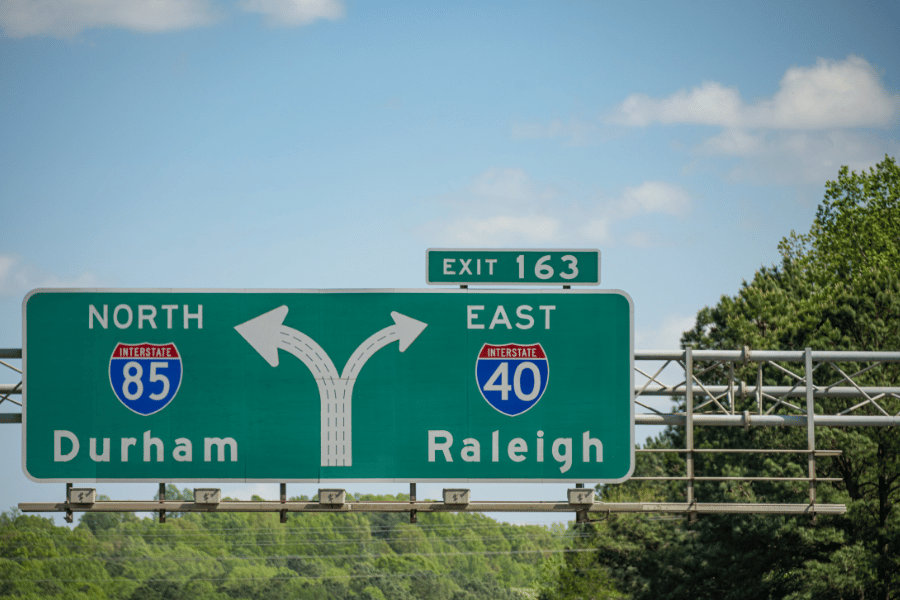
Methodology
We used information and data from several different sources, as well as our own data, to determine everything you need to know about the future of commercial real estate in Raleigh, NC. Most of the data was sourced from the following sources:
FAQ: Commercial Real Estate in Raleigh
Here are some commonly asked questions about the future of commercial real estate in Raleigh.
What is the hottest real estate market in NC?
The North Carolina real estate market is expected to grow significantly across the state. Raleigh and Charlotte, specifically, have been named among America's hottest housing markets.
What is the biggest problem in commercial real estate?
Since the pandemic, the commercial real estate market has seen problems with labor shortages, inflation, energy crisis, and disruptions in the supply chains. Global market instability is the primary factor when it comes to commercial real estate.
Is Raleigh, NC, a good place to invest in real estate?
Raleigh was ranked as the fourth best-emerging housing market for investors in 2021, based on key performance stats, such as the economy and housing market activity. Raleigh is home to over 70 neighborhoods in which to look for investment properties, and the median listing prices range from $265,000 to over $895,000.
Is Raleigh a good place for business?
Raleigh is home to the largest research park in the US and hundreds of companies, from research institutions to local businesses, many of which are in the science and technology fields. According to the Business Impact Center, Forbes ranked Raleigh as one of the top places for business and career.
What is the biggest industry in Raleigh, NC?
The biggest industries in Raleigh are technology and research, mostly in the Research Triangle. This industry has created thousands of jobs for residents and propels innovation and economic growth throughout the area.
Commercial Real Estate in Raleigh- The Bottom Line
Whether you are interested in commercial real estate as an investor, potential buyer, or simply researching Raleigh, it is important to know how it may impact the area. Many buildings in Raleigh house important businesses, which is important to know if you are on the job hunt.
With new jobs and employment opportunities rising, the population in Raleigh is increasing dramatically, leading to a surge in demand for housing across the country. Raleigh, specifically, has been named one of the best places to live for several reasons, housing prices and job opportunities being two of the top reasons.
Raleigh is growing rapidly in almost every aspect, solidifying its position as one of the fastest-growing and highly desirable tech hubs in America. In addition, it is known as one of the best places to raise a family, highly due to the amazing school system and low crime rate. There is almost no reason not to move to Raleigh.
Before you buy a home near Raleigh, North Carolina, feel free to contact one of our helpful real estate specialists, as they are eager to help you find the perfect home. We know that buying a home can be overwhelming, but a real estate agent can walk you through the entire process.

